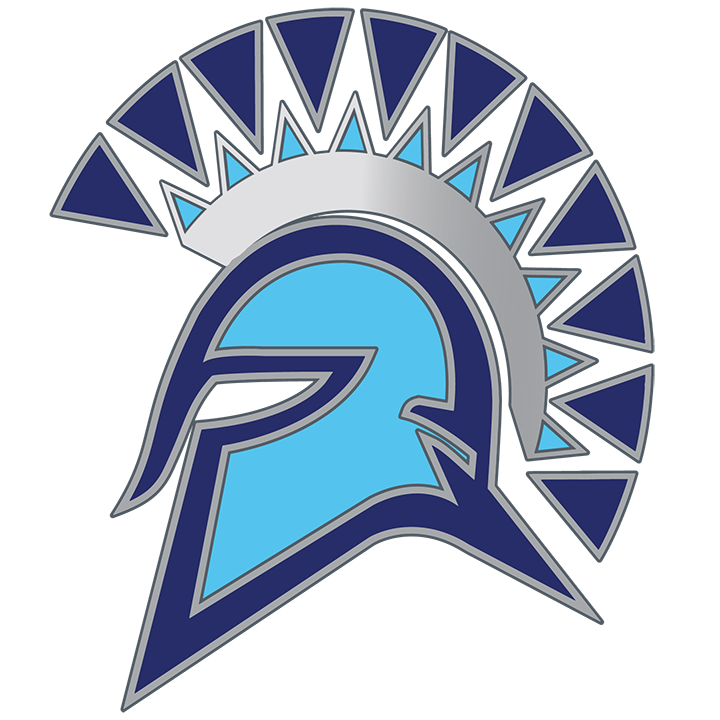Corn Belt Energy recently announced winners of their annual Education Grants Program. Six schools that serve children of Corn Belt Energy electric members received a grant. Five of these schools were awarded $1,500 and one school was awarded the $2,000 Jeff Reeves Memorial Education Grant to fund innovative programs that enrich students’ education.
Congratulations to Jason Smith at Olympia Middle/High School who is one of Corn Belt Energy's 2021 Education Grant recipients in the amount of $1,500!
Here is the winning porposal:
Documenting the World and Creating a Virtual World submitted by: Jason Smith
1. Briefly describe the proposed project/program and what purpose would it accomplish.
The High School’s Digital Media/Communication Technology curriculum offers students the opportunity to create their own ideal world reality by creating short videos. My goal for this year’s curriculum is to take it a step further and incorporate virtual reality. The high school level program will use CodeHS’ “Introduction to VR” curriculum and, ideally, two Oculus VR headsets, two drones, one 360 degree camera and several Google Cardboard “headsets” to enhance the video making/viewing experience. The Digital Media/Communication Technology students will be collaborating with the science and agriculture departments to update safety videos and document curricular activities. The videos will be used for in-person classes and if necessary in remote learning situations.
Students will incorporate the Science, Technology and Engineering components of the STEM curriculum (Science, Technology, Engineering, Math).
Science- Collaborate with the science department to create safety videos, 360 degree videos for use while “remote learning”, and interactive VR experiences.
Technology- VR headsets, JavaScript programming to make VR “worlds), 360 degree cameras and drones.
Engineering- Use trial and error to construct, test, and redesign a video project through completion.
Students will integrate the engineering design process to complete a video project by defining the problem, specifying requirements, brainstorming solutions, choosing the best solution, building the model world/location, test and shoot footage and, if necessary, redesign.
Currently students are using their cell phones, (11 year old and no longer manufactured) Flip Cams, digital camcorders, digital cameras and a green screen. The VR headsets, 360 degree camera, and drones will permit students to experience and experiment with up to date technology to enhance their creativity in video production.

